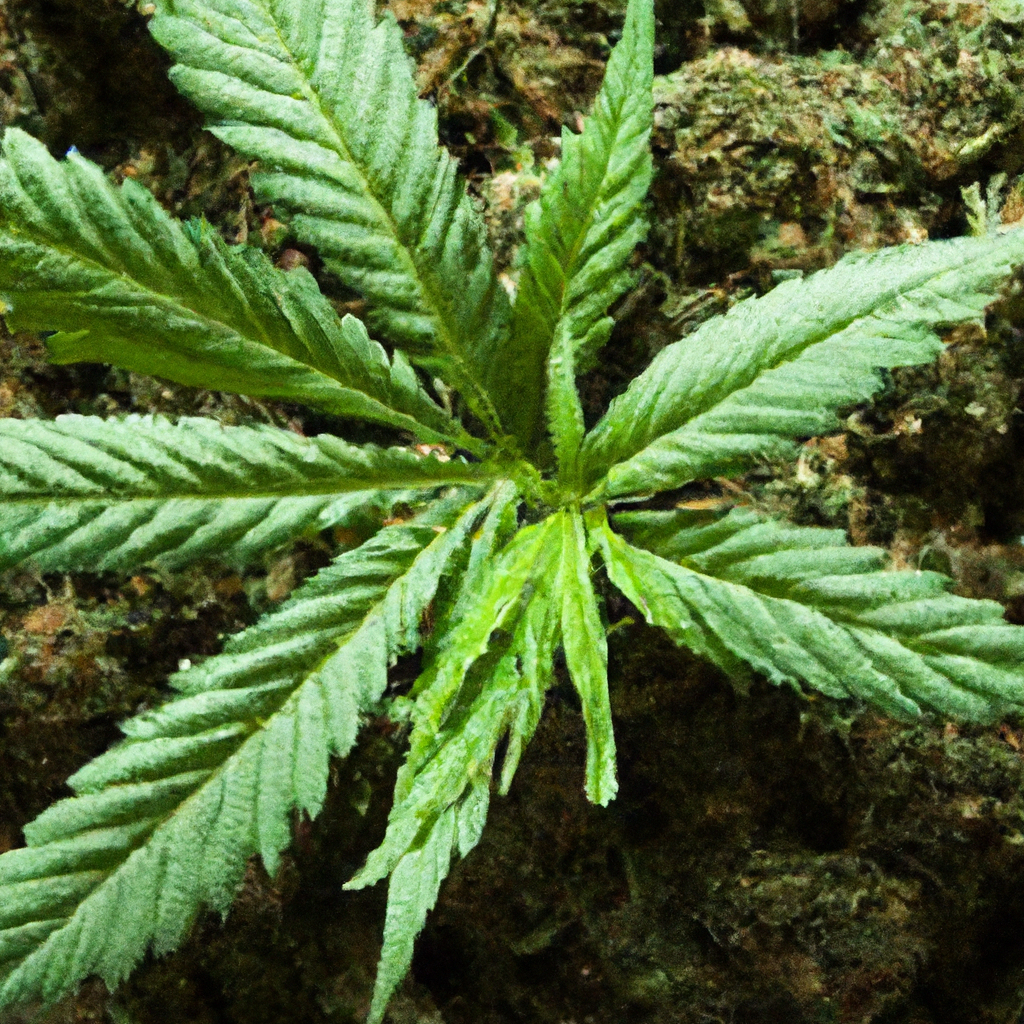Your cart is currently empty!
Introduction
As the cannabis industry continues to grow, more cultivators are turning to organic methods to produce healthier plants and sustainable operations. This guide introduces you to the best practices for organic cannabis cultivation, emphasizing the use of natural fertilizers, compost, and pest control methods. Learn how you can enhance both the quality of your cannabis and the health of our environment.
Building a Healthy Soil Ecosystem
The foundation of organic growing is healthy soil. A robust soil ecosystem not only supports the cannabis plant’s nutrition but also fosters beneficial microbial activity. Here are some tips to build rich soil:
- Composting: Use kitchen scraps and yard waste to make your compost. The addition of worm castings can boost nutrient content and microbial activity.
- Crop rotation and cover crops: Support soil structure and nutrient content by rotating cannabis with nitrogen-fixing plants like clover.
- Mulching: Protects soil moisture, suppresses weeds, and over time, enhances soil structure through decomposition.
Natural Fertilizers and Pest Control
Steering away from synthetic chemicals encompasses both feeding your plants and shielding them from pests and diseases naturally.
- Natural Fertilizers: Utilize products like bone meal, fish emulsion, and kelp extract. These offer a slow release of nutrients and improve soil health over time.
- Integrated Pest Management (IPM): Use a combination of cultural, biological, and physical strategies to manage pests with minimal environmental impact.
- Beneficial insects: Introduce ladybugs or predatory mites to control aphids and mites naturally.
Promoting Sustainability
Sustainability should be at the core of any organic cannabis operation. Here are strategies to enhance the ecological footprint of your cultivation efforts:
- Water management: Implement drip irrigation systems or rainwater harvesting to make water usage efficient.
- Renewable Energy: Reduce reliance on fossil fuels by integrating solar panels or other renewable energy sources for your operation.
- Waste Reduction: Recycle plant waste, used containers, and run a zero-waste cultivation practice.
Conclusion
By embracing organic cannabis cultivation practices, growers can produce superior quality products while ensuring environmental sustainability. Investing in rich soil ecosystems, utilizing natural fertilizers and pest control, and committing to sustainable practices are not only beneficial for the planet but result in a higher quality plant that consumers can trust.


Leave a Reply